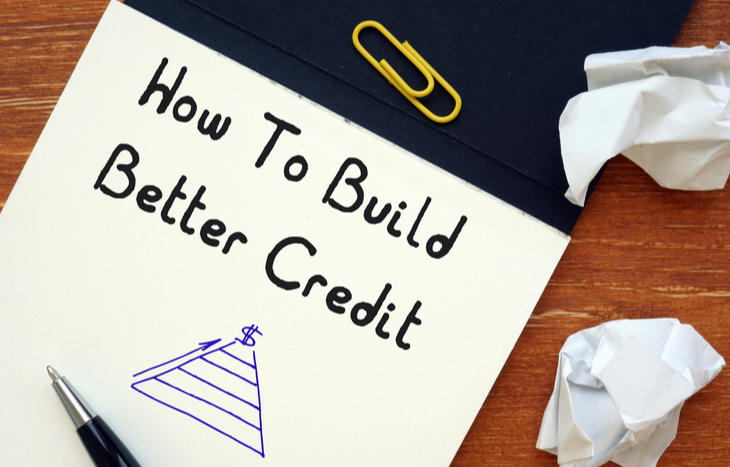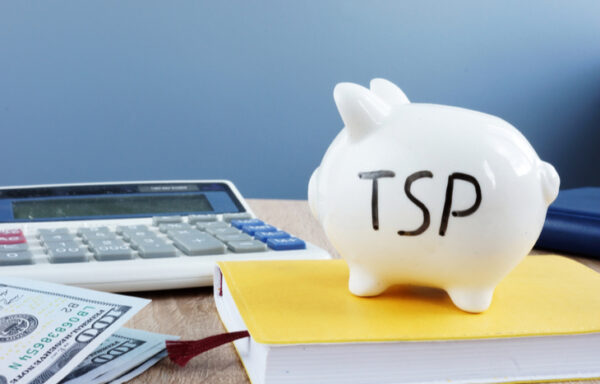Tips to Build Credit
A good credit score can transform your life. That’s not hyperbole. Raise your credit score, and you could qualify for a mortgage, car loan, personal loan that may otherwise have been denied. It can also affect employment. A poor credit score can keep employers from hiring you, especially in fields like finance. If you need a security clearance, bad credit can prevent you from attaining it. That’s because those with significant debt are more easily tempted to pass information for money. Here are some tips to build credit so that you can reach your goals!

What is a Good Credit Score?
Formally, credit scores are known as FICO or Fair Isaac Corporation scores, consisting of three-digit numbers. Credit scores range from 300 to 850. Scores below 579 are considered poor. Those ranging between 580 and 669 are seen as fair. Good credit scores range from 670 to 739. Very good scores run from 740 to 799. You’ve reached the rank of excellent when your credit score tops 800.
Financial Discipline
Building your credit score requires discipline. Start building your credit score early. Always use your credit responsibly. Keep in mind that any financial decision impacts your credit score for better or worse.
You want to establish yourself as someone that lenders view as a low-risk. A low-risk loan applicant receives better terms and lower rates. A high-risk applicant is more likely to have loans denied or pay much higher interest rates.
Every person’s finances differ, but becoming financially disciplined can help you improve your credit score within months. Severe credit issues may take years to resolve, but getting started as soon as possible is crucial.
Pay Your Bills on Time
Other than not paying bills at all, nothing harms your credit score more than late payments. That’s any sort of bill, including medical bills or utilities. The more payments are missed or late, the more rapidly your credit score heads south.
Credit Utilization
Do you know someone who brags about maxing out their credit cards? Don’t look to that person for tips to build credit, because that is another way to destroy it. Credit utilization (CU)refers to the authorized credit percentage versus the amount of credit used.
Your CU rate should never entail more than 30 percent of your available credit. For instance, if your credit limit is $1,000, do not carry charges exceeding $300. Utilization above 30 percent indicates financial problems. Evidence of financial issues makes you less creditworthy.
If your CU rate is above 30 percent, make an effort to pay down your balances as soon as possible until you reach that magic number.
How to calculate CU? Do the following:
- Add up the balances on all credit cards.
- Compare the balance to your borrowing limit.
- Divide the total balance amount by the total credit limits.
- Multiply that amount by 100 to determine your CU percentage.
Check Your Credit Report
Take advantage of the free annual credit report provided by each of the three major credit card reporting bureaus, Equifax, Experian and TransUnion. Credit report errors are fairly common. That’s especially true if you have a relatively common surname. A mistake can keep you from boosting your credit score.
The most frequent credit report errors include:
- Identity errors, wrong name, address, or phone number.
- Accounts with a similar name as yours.
- Identity theft issues.
- Closed accounts reported open.
- Incorrectly reporting accounts as late or delinquent.
- Same debt listed twice.
- Incorrect current balance.
- Incorrect credit limit.
If you spot an error, contact the creditor or entity providing the information and the credit reporting company. The credit report includes instructions on how to dispute inaccurate information.
Credit Mixes
Lenders prefer to see a mix of various types of credit, used responsibly. They want to know you can manage various types of debt. Besides credit cards, such a mix may involve a car or personal loan, or a mortgage.
Tips to Build Credit and Credit Card Accounts
While trying to build credit, avoid opening new credit card accounts. That’s because the latest account lowers the overall age of your accounts. That impacts your FICO score. It also lowers your CU rate.
At the same time, don’t close unused credit card accounts. Such actions do not boost your credit score. On the contrary, closing the account drops the amount of credit you have. Guess what happens next? Your CU rate increases.
Tips to Build Credit Without a Credit Card
There are ways to build credit without a credit card. Again, paying your bills on time and in full is the gold standard. You can also opt for an installment loan. Car loans, student loans and personal loans, as well as mortgages, are installment loan examples.
An alternative, particularly for those with bad credit, is a non-profit lending circle. These are peer-to-peer loans, allowing borrowers to raise money for expenses such as down payments. Online platforms can help you obtain a loan for a small fee. The lending circle then reports to one or more of the national credit reporting bureaus.
More Tips to Build Credit
To build credit, you must use your credit card regularly. Your goal is paying off your credit card bills in full each month. Not using credit and paying cash for everything keeps you out of even temporary debt, but it does nothing for credit building.
Lenders like stability. Staying at the same job or address for at least two years indicates stability. Even if you pay your bills on time and in full, constant job hopping or moving around can harm your loan application. Follow these and other tips to build credit and you should eventually have a stellar credit score!
[adzerk-get-ad zone="245143" size="4"]About Jane Meggitt
Jane Meggitt specializes in writing about personal finance. Besides investing and planning for retirement, she writes about insurance, real estate, credit cards, estate planning and more. Her work has appeared in dozens of publications, including Financial Advisor, Zack’s, SF Gate and Investor Junkie. A graduate of New York University, Jane lives on a small farm in New Jersey horse country.





